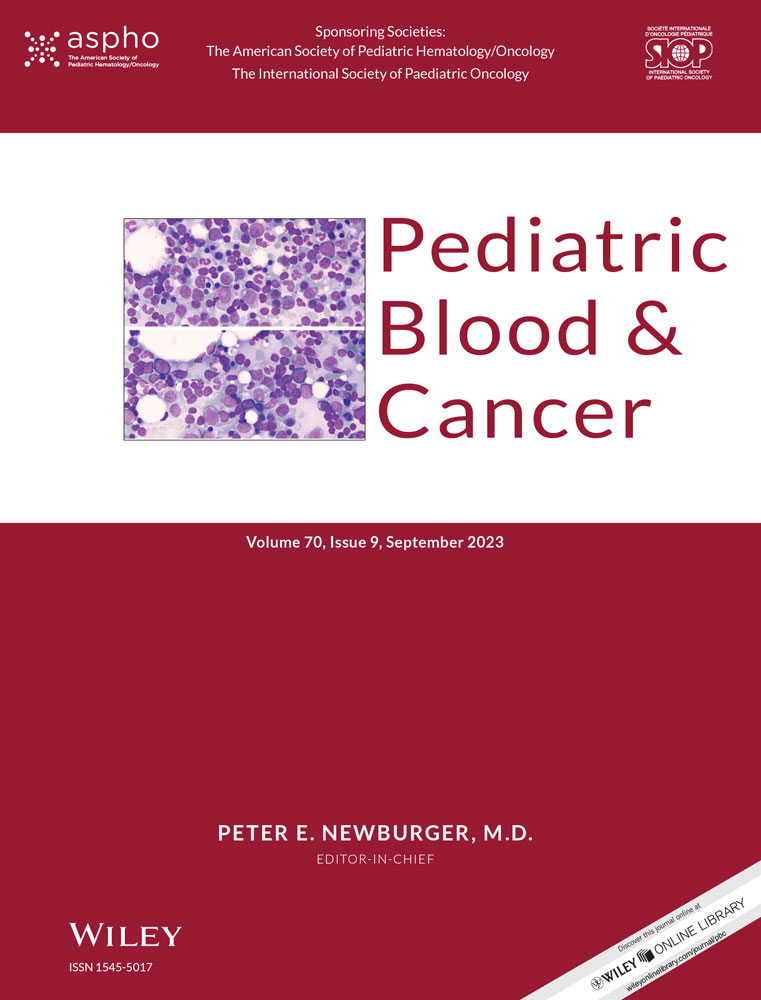Barriers and facilitators of the return-to-school process affecting adolescent recipients of allogeneic hematopoietic cell transplantation: A qualitative interview study of caregivers
Results of this analysis were presented as a poster at the 2022 American Society of Hematology Annual Meeting, New Orleans, LA, USA.
Abstract
Background
Adolescent hematopoietic cell transplant (HCT) recipients remain out of school for a prolonged period of time; navigating their return to school after completion of therapy can be challenging for caregivers.
Methods
Between August 2020 and June 2021, we conducted individual semi-structured interviews of 19 caregivers of adolescent HCT recipients (10–18 years of age at HCT; 1–7 years post HCT) to understand the challenges faced at the time of their child's return to in-person school post HCT. Conventional content analysis was used to analyze interview transcripts, and thematic analysis was used to identify and organize emerging themes.
Results
Three themes emerged from the caregivers' experiences. First, caregivers reported facing several challenges related to lack of communication between their child's healthcare and school teams, which was burdensome for them. Second, some caregivers reported receiving support from school and healthcare professionals, as well as their child's peers, which helped reduce the burden of return to school. Caregivers also reported providing motivational, emotional, and spiritual support to patients. Lastly, caregivers made several recommendations regarding the need for better communication between family, healthcare professionals, and school professionals and availability of supportive care such as mental health counseling and neuropsychological testing. Notably, the need for a return-to-school navigator emerged as a key finding from our analysis.
Conclusions
Caregivers of adolescent HCT recipients face several challenges supporting their children's return to school post HCT, which are related to lack of communication between patients’ healthcare and school teams. While some reported receiving support from school and healthcare professionals and their child's peers, the need to coordinate the return-to-school process was burdensome for several caregivers. Additional work is needed to optimize support for HCT recipients and their caregivers during their return-to-school process to minimize burden. Our study findings have the potential to serve as a framework for developing and testing supportive care interventions to improve the return-to-school experience of HCT survivors and ultimately their quality of life.
CONFLICT OF INTEREST STATEMENT
K. Scott Baker reports consultancy with Bluebird Bio. Other authors report no conflicts of interest.
Open Research
DATA AVAILABILITY STATEMENT
The data that support the findings of this study are available from the corresponding author upon reasonable request.




